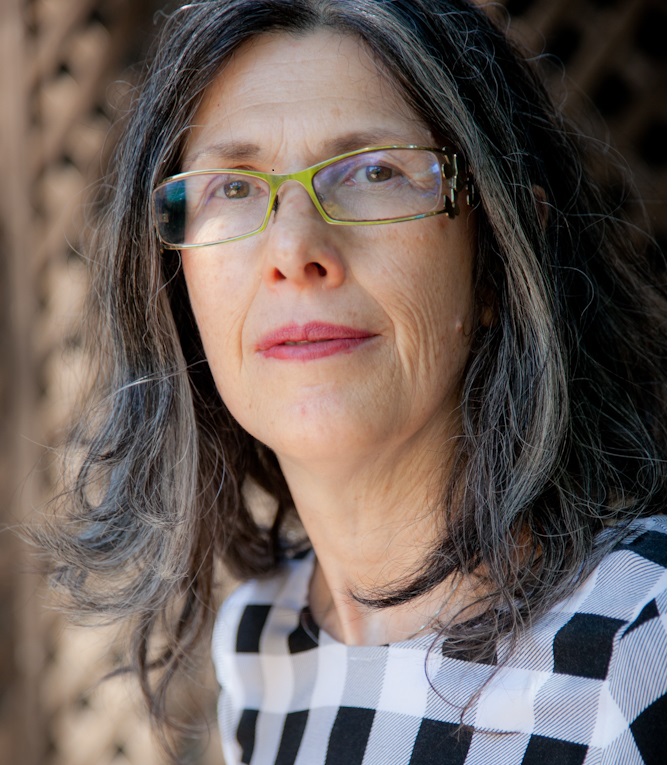There were three hundred and sixty five thoroughfares in the great city of Rome, and in each there were three hundred and sixty five palaces; and in each palace, there were three hundred and sixty five stories and each story contained sufficient to provide the whole world with food. (Talmud Bavli Pesachim 118b)
With less than 5 percent of world population, the U.S. uses one-third of the world’s paper, a quarter of the world’s oil, 23 percent of the coal, 27 percent of the aluminum, and 19 percent of the copper. Our per capita use of energy, metals, minerals, forest products, fish, grains, meat, and even fresh water dwarfs that of people living in the developing world. (Scientific American 9/14/12)
42.2 million Americans struggle with hunger every day. (Mazon: Jewish Response to Hunger)
Two brothers. The older is a hunter, a man of uncomplicated appetites who trusts ingenuously in the power and implicit merit of his physical strength. The younger brother, a man of intricate subterranean thoughts, prefers a home life of Torah study and contemplation (says Rashi). He isn’t good at hunting, but he knows how to cook. Esav, the older brother, will be, in Jewish thought, identified with Edom, that is to say Rome, the empire of the West. And Yaakov, the younger, will receive a name by which he and his people will be known: Israel.
Most of us know the stories by which the younger brother takes the older brother’s place: Esav comes home from the hunt famished, announces his hunger, expects to be fed, and impulsively trades the birthright of the firstborn for a bowl of the stew that Jacob has been cooking. Later, guided by his mother Rivka, Yaakov will assume the gamey clothes and hairy skin of his brother to trick his blind father Yitzhak into blessing him with stewardship of the family legacy.
This is hard material to swallow. We read that Rivka is acting on a prophecy in favor of Yaakov, but why the deception? Why does transparent, well-meaning Esav have to give up an entitlement that everyone told him was his by birth?
Perhaps Yaakov is chosen because he has no instinctive trust in power to dominate by force. He is beloved of the mother, not the father, the one who nurtures, not the one who is, nominally, in charge. Rivka exercises the only kind of power available to her. She is, like her husband, a prophet who hears the word of God. But she must subvert human patriarchal structures to bring the word to fruition. Yaakov/Israel wins with his brains not his brawn. Like Esav, he has hungers, but unlike Esav, he can control them. As Yaakov will later learn the hard way, to be Israel, not Edom, is to think ahead and consider consequences in principled ways, not just for what one can get away with; for others as well as oneself.
Today, we Jews of the United States are still the people Israel, but we are also citizens of Edom. Our popular culture teaches respect for heroic force and acquisition, regardless of motive or effect. Our country dominates much of food production abroad and consumes more than our share, yet many people here at home whose work produces our food cannot afford to buy it. According to Foodfirst.org, “Almost half of all food retail workers report earnings that are below the poverty line and people of color in the industry are almost twice as likely to earn wages below the poverty line.”
For years now, T’ruah has been an ally to tomato farmworkers in Florida. Along with student groups and other faith-based organizations, we have applied consumer pressure on major stores and fast food outlets to bring them into the Fair Food Program, with its worker-designed code of conduct, enforcement mechanisms, and better wages. This is one of the concrete ways we have worked to close the gap between Yaakov and Esav. Only Wendy’s, of all the fast food giants, continues to hold out. On January 18, 2018, hundreds of faith leaders from around the United States will fast for a day in protest of Wendy’s executives’ ongoing refusal to join the Fair Food Program and in solidarity with the workers. Will you join us?
We read in Bereshit Rabbah that “The voice is that of Yaakov, but the hands are those of Esav” (27:33) means that Yaakov’s was the voice of moral authority and conciliation and Esav’s hands were those of violent domination. Whose voice and whose hands will we embody? Edom or Israel?
Rabbi Robin Podolsky teaches at California State University Long Beach and blogs at http://www.jewishjournal.com/

